Identifying Irregular Periods: What are the Main Causes?
Fertility Treatment
The irregular period is an issue that affects nearly all women throughout their lifetime. This situation occurs when the time interval between menstrual cycles is more or less than the normal limit. While this is considered completely normal in some cases, like the first cycles after puberty or the last cycles preceding menopause, it might be an indicator of an underlying health condition in other cases. Irregular periods can also occur during pregnancy, breastfeeding, or while taking hormonal contraceptives.
There are many reasons for irregular periods, some of which are due to certain practices, lifestyle, or even the external environment. Some underlying medical problems can also be the reason for irregular periods or a reaction to specific medications on the body's hormonal system. In this article, we will talk in detail about the causes of irregular periods and how to diagnose them, as well as the treatment of irregular menstrual cycles to achieve pregnancy.
What Is Considered an Irregular Period?
A menstrual cycle is considered irregular when the duration between the majority of cycles during the past six months is outside the normal range. The intervals may be very close, distant, or even spontaneous. So, to be able to diagnose irregular periods, we have to identify the range of the normal menstrual delay based on each woman’s case and the nature of her menstrual cycles.

How Many Days Apart Are Irregular Periods?
A woman's age and the type of her menstrual cycle determine how long a typical menstrual delay lasts. Here, we list the cases when a menstrual delay is considered abnormal:
- In adolescent girls: the interval between two periods is less than 21 days or more than 45 days;
- In adult women: the interval between two periods is less than 24 days or more than 38 days;
- A difference of more than 9 days in the time interval between the last menstrual cycles (for example, 27 days between two periods, then 42 days for the next period);
- Absence of a menstrual period for more than 90 days (except in the case of pregnancy, breastfeeding, menopause, or after stopping hormonal contraceptives).
Irregular Period Causes
Period irregularities may be caused by a variety of factors. Hormonal imbalances frequently cause irregular menstruation, either by preventing ovulation or by causing irregular ovulation at different times. Delays in periods longer than usual could result from this. The following factors might be the underlying reasons for irregular periods:
- Woman’s age;
- Practicing heavy exercises;
- Improper nutrition or following a strict diet;
- Obesity and overweight;
- Extreme anxiety and stress;
- Thyroid disorders;
- Premature diminished ovarian reserve;
- Taking certain medications;
- Polycystic ovary syndrome (PCOS);
- Endometriosis;
- Stopping birth control pills;
- Asherman syndrome;
- Changes in daily routine;
- Benign uterine tumors or uterine fibrosis;
- Breastfeeding.
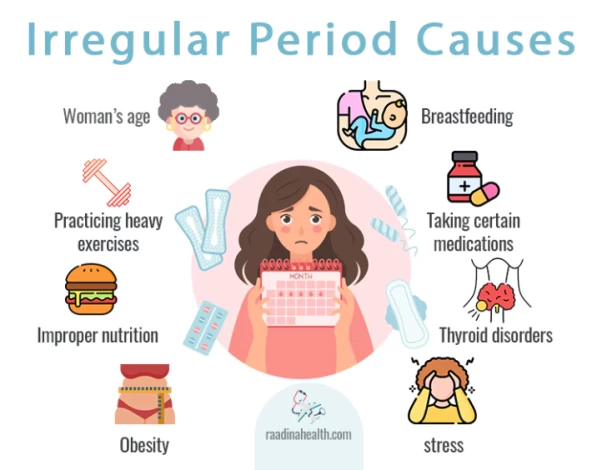
Each of these elements and how it contributes to irregular periods will be covered in detail.
Woman’s Age
After puberty, a girl's body takes months or even years to reach hormonal balance. Therefore, a girl experiencing irregular periods during her first menstrual cycles during puberty is quite normal. Periods become regular gradually after puberty. Again, when the woman approaches menopause, periods become irregular until stopping completely.
Practicing heavy exercises
Period irregularities may be caused by certain strenuous exercises. Heavy weightlifting and extremely strenuous HIIT workouts are two examples. Extremely vigorous physical activity may cause the menstrual cycle to be delayed past its typical duration.
Improper nutrition or following a strict diet
Fast food and irregular eating patterns may be contributing factors to irregular periods, due to the body’s secretion of estrogen in fatty tissues.
Premature Diminished Ovarian Reserve
In some cases, a woman might suffer from premature diminished ovarian reserve before the age of 40. This leads to no menstruation at all and no periods. This problem is mostly seen in cancer patients who were under chemical and radiotherapy, as well as women with a family history of early diminished ovarian reserve and those with chromosomal abnormalities. These issues are thought to be among the causes of women's irregular periods.
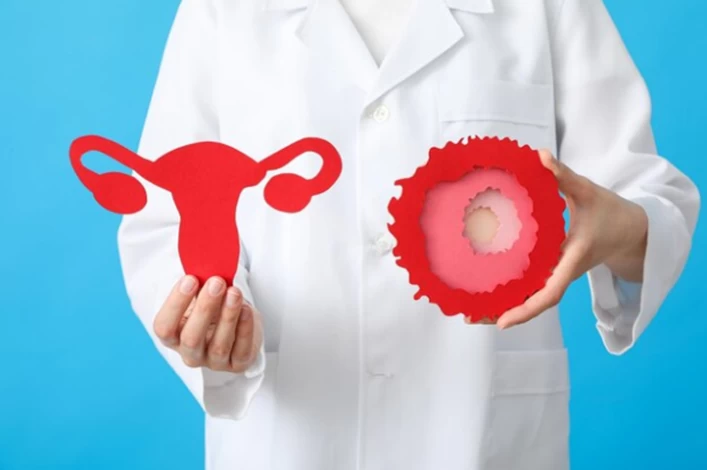
Obesity and overweight
Due to hormonal imbalances and increased insulin secretion, obesity can cause the menstrual cycle to be disrupted.
Extreme anxiety and stress
Chronic anxiety or even severe stress for a short period of time leads to hormonal imbalance in the body and is thus considered one of the reasons for irregular periods. It should be noted that the menstrual cycle will return to its previous and usual rhythm whenever stress and anxiety are solved. However, if the factors causing stress persist and no action is taken to eliminate them, you will continue to suffer from intermittent and chronic menstrual irregularity.
Thyroid disorders
Hypothyroidism affects the duration of menstruation, leading to elongated menstruation and intensified uterine contractions, which in turn leads to irregular periods. On the other hand, hyperthyroidism works in the opposite way and leads to shortening the duration of menstruation, alleviating its intensity and the uterine contractions that occur during it. It also causes an increase in the heart rate, weight loss, stress, and anxiety which in turn leads to interruption of the menstrual cycle and disruption of its timing.
Taking certain medications
One of the factors contributing to irregular periods that may postpone or even prevent periods is the use of specific hormonal medications and contraceptives. Other medications also play a role in irregular menstruation which include medications to treat acne, skin problems, hair loss, as well as chemotherapy, steroid medications, anticoagulants, antidepressants, medications related to thyroid disorders, and blood thinners such as aspirin.
Polycystic ovary syndrome (PCOS)
Many women experience irregular periods as a result of PCOS. PCOS stops ovulation and causes tiny cysts to form on the ovaries. In this case, the fertility power of a woman is mostly affected and the chance of getting diabetes and cardiovascular problems is increased.

Endometriosis
Endometriosis happens due to the migration of endometrial tissues outside the uterus, like ovaries, fallopian tubes, and even intestines and urinary bladder. Endometriosis leads to more painful and elongated menstruation and is considered one of the main reasons for irregular periods.
Stopping birth control pills
It’s normal for periods to become irregular in a few months following stopping birth control pills. Periods become normal again after the body adapts to the new hormonal balance.
Asherman syndrome
Asherman's syndrome usually occurs when a woman has previously undergone miscarriage, curettage, caesarean section, treatment of fibroids, etc. This leads to internal adhesions in the uterine cavity that may continue to the front and back walls of the uterus. This problem prevents the natural leakage of blood and tissues from the uterine wall during the menstrual cycle, and thus the amount of bleeding during menstruation decreases or stops completely.

Changes in daily routine
In some cases, changes in daily routine like the time of waking up and sleeping, working, traveling, or seasonal changes alter the body’s clock and lead to hormonal imbalance which results in irregular periods.
Benign uterine tumors or uterine fibrosis
Sometimes, small uterine fibroids form inside the uterus and despite their size, may lead to heavy bleeding and pain during menstruation. If these fibroids grow larger, they will cause additional pressure on the bladder and intestines which causes additional discomfort for the patient.
Breastfeeding
Prolactin is a hormone that is secreted in high amounts during breastfeeding and is known to delay or even suppress menstrual periods. So, there is no reason to worry if periods get delayed or absent while breastfeeding.
Other health conditions
Some other health conditions might be the reason for irregular periods like thyroid problems, sexually transmitted diseases, diabetes, fibroids, and malnutrition.
Reasons for Absence of Periods
Amenorrhea is a situation when one or more periods is missed or absent due to several reasons. It’s very normal to have an absence of periods in some conditions such as during pregnancy, breastfeeding, the very first period for a girl after puberty, and the last period for a woman before menopause. Amenorrhea comes in two forms as follows:
Primary amenorrhea
This situation is the case when a girl has never had a period despite reaching the age of 16. Causes of primary amenorrhea include a defect or deficiency in the woman's reproductive organs, hormonal problems, or genetic imbalances such as Turner syndrome.

Secondary amenorrhea
It refers to a condition of missing 3 or more consecutive periods after it had been regular. Secondary amenorrhea occurs naturally during pregnancy, breastfeeding, or upon reaching menopause. It can also occur for other reasons, such as thyroid problems, intensive exercise, low body weight, anxiety, and depression. Furthermore, some conditions like endometriosis, PCOS, decreased ovarian reserve, and early menopause can cause it.
Consult your gynecologist and receive the appropriate treatment for your situation if you are experiencing irregular periods and are unsure of the cause.
Does an irregular period mean you're infertile?
Having irregular periods doesn’t mean that you won’t be able to get pregnant. However, irregular periods make it more challenging to get pregnant until the underlying reason is solved. In order to get pregnant, you need to have a mature egg released by your ovaries during the day of ovulation. Usually, this doesn’t happen regularly in case periods are irregular.
Let's say you are trying to conceive and you have irregular periods. If so, you must see your gynecologist, who will order a number of tests to determine the cause of your irregular periods. In order to identify the root cause of irregular menstrual cycles and treat them appropriately, these tests typically involve thyroid and hormone testing. Ovarian stimulation, which promotes pregnancy, may be used to treat irregular menstrual cycles.

Diagnosing Reasons for Irregular Periods
In order to diagnose the reasons for irregular periods, your gynecologist does several tests and examinations as follows:
- Ultrasound examination of the pelvis, uterus and ovaries;
- Blood test to check the thyroid function, clotting problems, and anemia;
- Pap smear analysis to detect the presence of infection or cancer cells in the cervix;
- Hysteroscopy to view the inside of the uterus;
- Ultrasound imaging to diagnose and follow up any type of fibroids or polyps inside the uterus;
- Endometrial biopsy to evaluate the histological composition of the uterus.
Finally, we point out the necessity of performing a pregnancy test if the duration of the menstrual cycle exceeds 35 days which is beyond the normal interval. Pregnancy can be one of the reasons for irregular periods in women.
When Should I Worry About Irregular Periods?
Irregular periods one or two times a year are very common. Repeated irregular periods, though, are a problem that you should try to fix. Be sure to alert your gynecologist if you have irregular periods consistently. They will conduct a number of tests to determine the reasons behind these irregularities.
To get regular periods again, you might need to undergo a specific treatment or make dietary and lifestyle changes. If you have endometriosis, PCOS, thyroid issues, or any other health condition that causes irregular periods, your doctor will diagnose it and prescribe the right medication. Keep in mind that women who experience irregular periods are more likely to experience infertility in case they do not seek treatment.
When to Consult a Doctor for Irregular Periods?
Book a doctor's visit to diagnose irregular periods when noticing the following:
- Menstrual cycles that are less than 21 days and longer than 35 days (beyond the normal menstrual delay);
- Prolonged menstrual bleeding (more than a week);
- Sudden cessation of the menstrual cycle before the age of 45;
- Vaginal bleeding or spotting between periods;
- Delayed natural pregnancy after many attempts;
- Painful menstrual cycle accompanied by heavy bleeding.
Doctor Consultation for Irregular Periods
When you visit your gynecologist, make sure to prepare a list mentioning the history of your last menstrual cycles and inform him about any changes that have occurred in your body recently, such as abdominal pain, obesity, or excessive hair growth on the face or body. This information will help the doctor determine the reason behind your irregular menstrual cycle.
Your gynecologist will most likely ask you about more symptoms, your medical history and your family medical history. He will also conduct a clinical examination for you afterwards. In general, your doctor will perform the following:
- Ask about your complete medical history (medical, surgical, social, and family);
- Conduct blood tests to check hormone and blood sugar levels (thyroid hormone, testosterone, prolactin, insulin, etc.);
- Ultrasound examination of the pelvis, ovaries, and uterus.
Treating irregular menstruation will certainly relieve you of annoying symptoms and increase your likelihood of having a natural pregnancy. It will also improve your overall body health.

Fertility Treatments in Iran
Iran is well known for its excellent improvement in the medical field, especially in fertility treatments. The presence of clinics and hospitals equipped with the latest technologies, and the abundance of expert gynecologists who specialize in gynecology and fertility treatments has made this country a medical tourism destination in the world. Patients from different countries come to Iran to receive various fertility treatment procedures especially IVF and artificial insemination.
IVF treatments are performed in Iran with high success rates by the most qualified physicins, and at a very low and competitive cost compared to other countries. If you suffer from irregular periods and like to get the best treatment, we highly recommend that you try the clinics and hospitals spread throughout the various cities of Iran, such as Tehran, Mashhad, Shiraz, Isfahan, and Yazd. It is also worth noting that the cost of accommodation in Iran is very reasonable compared to the rest of the world. In addition, you can enjoy high-quality touristic services during your stay while getting your treatment.
FAQs About Irregular Menstruation
1) How do you know when you're ovulating if you have irregular periods?
If your period is irregular, you can know you are ovulating by monitoring your body temperature or using ovulation kits.
2) Does having an irregular period mean infertility?
Pregnancy is still possible even with irregular periods, though it becomes a little bit more challenging. Infertility is more seen in women with irregular periods due to PCOS, endometriosis, or early menopause.
3) Is it normal to have irregular periods?
Irregular period is an issue that nearly all women face with during their lifetime. For instance, it’s very common to have irregular periods during the first months after puberty, in the last periods before menopause and during breastfeeding.
4) Which days are most fertile for a woman?
A woman is most fertile on her ovulation day and the day after it. In addition, the five days preceding ovulation are also considered fertile days as a sperm can survive for several days in a woman’s body.
5) How do I calculate my period?
The first day of your period is the first day of menstruation when bleeding starts and the last day of your cycle is the day before your next menstruation. The difference between the two days is the duration of your monthly cycle.
6) What is the reason for irregular menstruation in teenage girls?
During early teenage years, a girl’s reproductive system may still be incomplete and her hormones have not reached a balanced state. For this reason, it’s very common to see period irregularity in teenagers.
7) When does the period become regular in girls?
The period becomes regular gradually after puberty while the reproductive system reaches maturity. It may take some months and even two years to become stable for some girls.

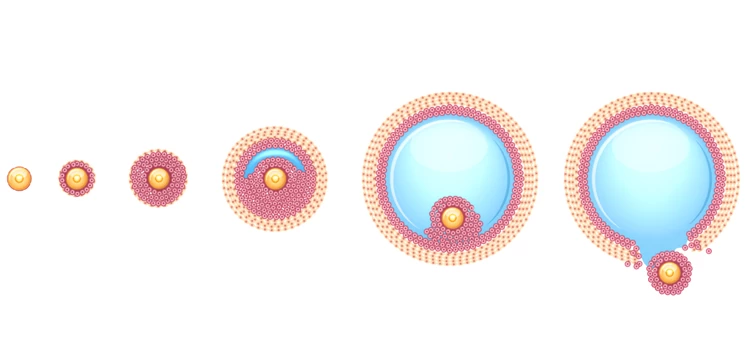
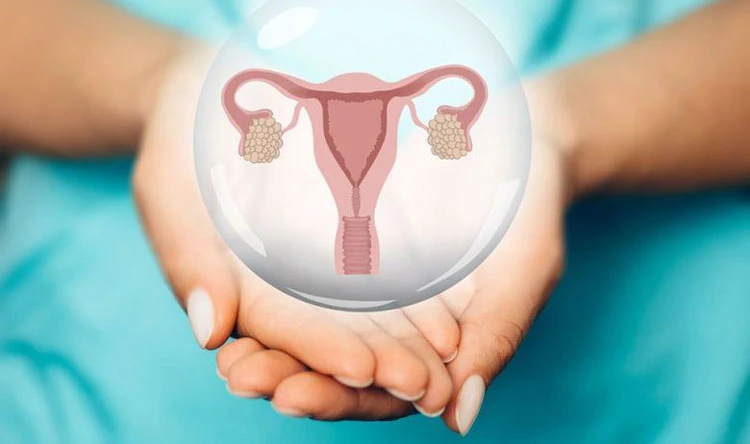
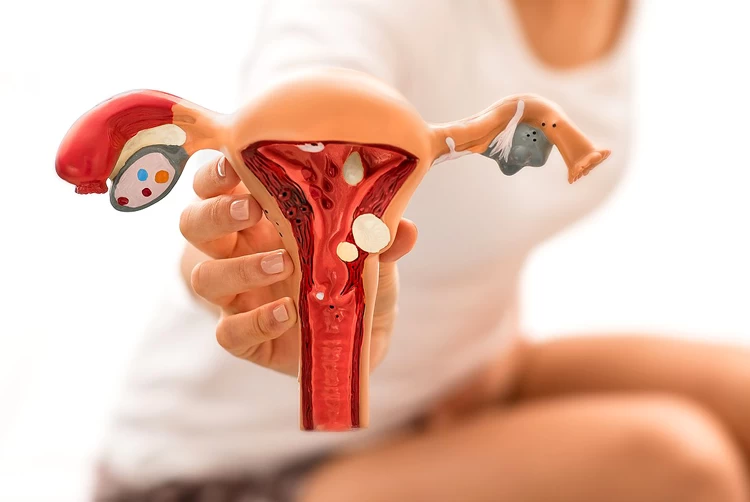




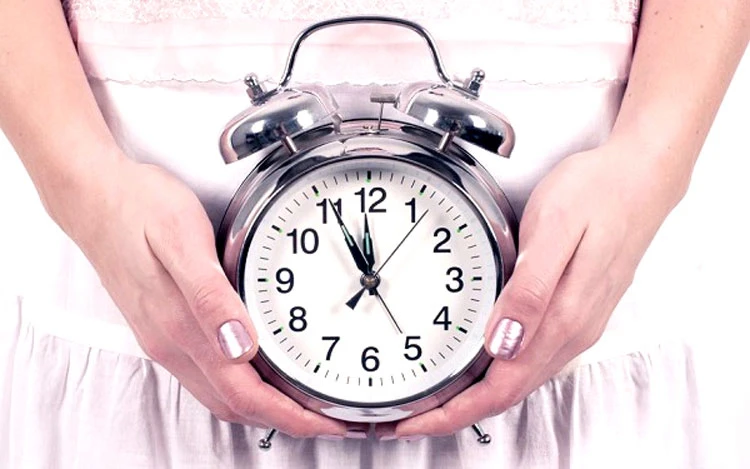
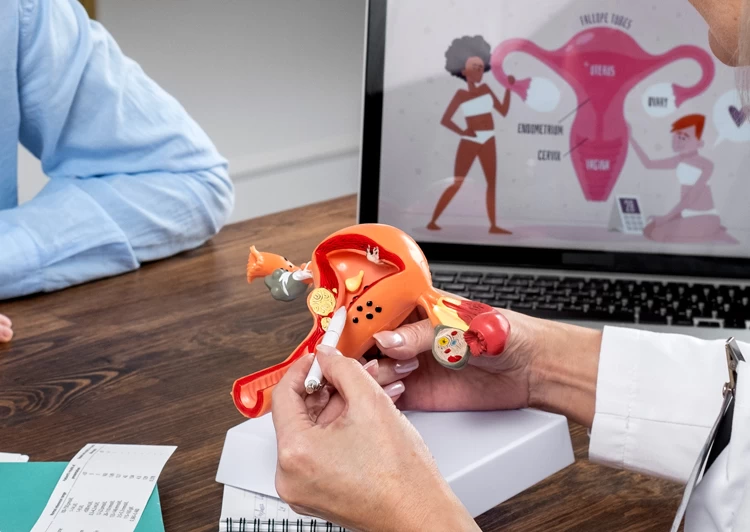
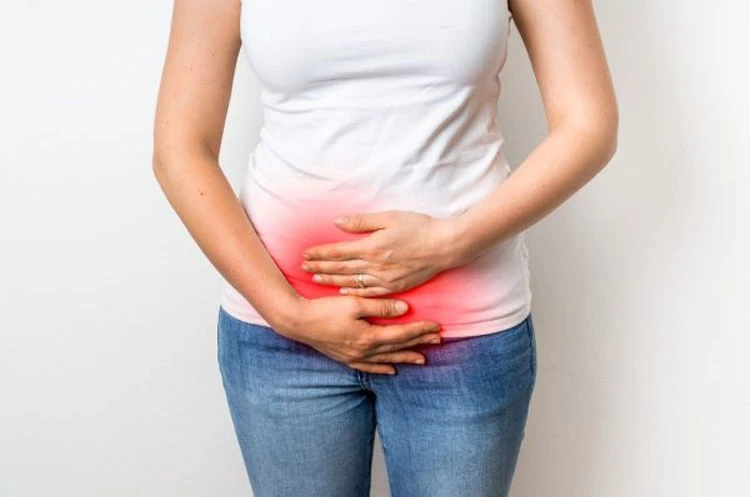

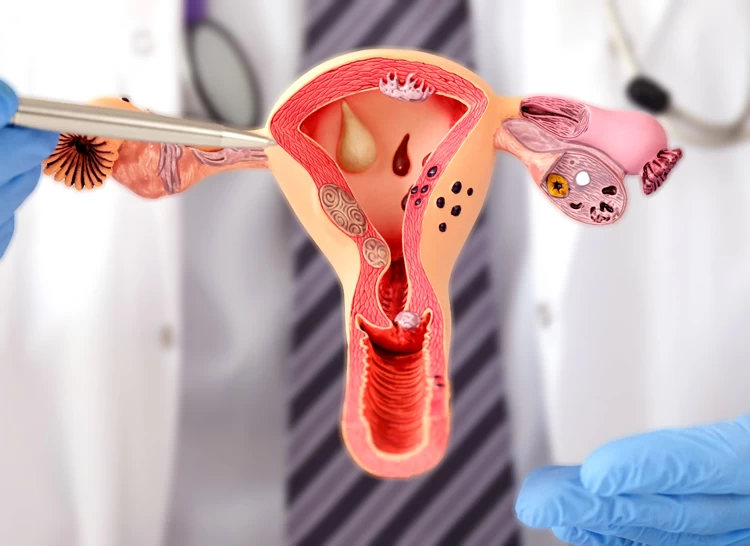

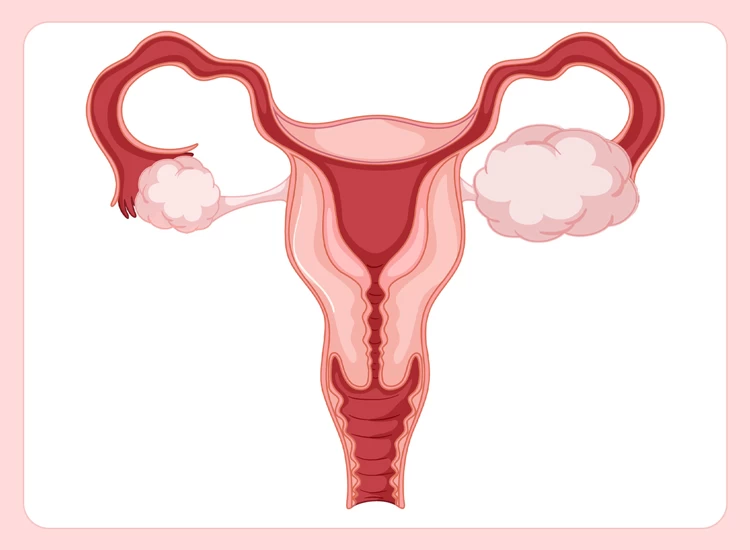
No reviews
Your comment